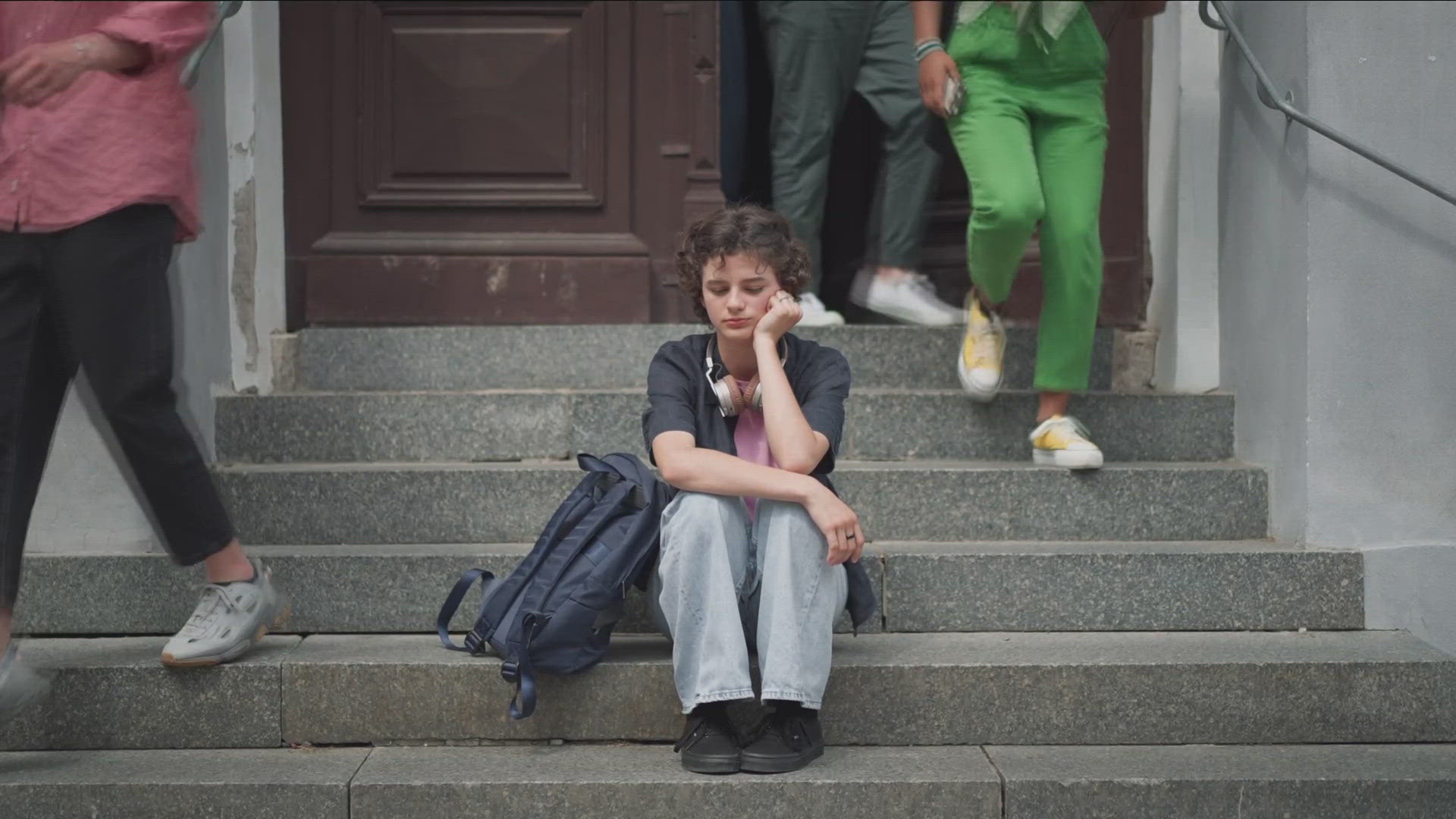BUFFALO, N.Y. — On the minds of many educators and health professionals working with young people is a mental health crisis.
A conference was held at UB on Wednesday on address the issue. The Supporting Mental Health and Advocating for Resources Together (SMART) looked at ways for different groups to work together.
According to SMART's data from the Centers for Disease Control and Prevention (CDC), adolescent mental health continues to worsen in the U.S. A CDC report using 10 years of data found that in 2021, more than 4 in 10 students felt persistently sad or hopeless. More than 1 in 5 seriously considered suicide.
Michael Cornell, superintendent of Hamburg Schools said "For a lot of educators who are brought up thinking that, you know, we've got to do the math lesson first, we've got to do the social studies lesson first, and worry about well-being after. It's really about giving those folks permission to put the well-being of kids first."
Post-covid, educators and health officials say the challenges are real.
"We're going to see kids have higher needs around mental health. The social impact is enormous. Missing school has a huge influence on kids, socialization and socialization skills," said Dr. Annahita, Ball, associate professor in the UB School of Social Work.
"We don't need everybody to be mental health providers. But we do need people in youth-serving settings to understand what kids need and know how to navigate to get them help," she said.
Erie County's Deputy County Executive Lisa Chimera, a former teacher herself, tells 2 On Your Side "Teachers are being asked to do a lot, and this is all about giving them the resources and the supports to help them and help families."

